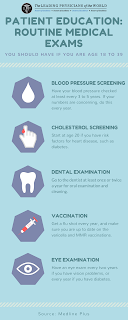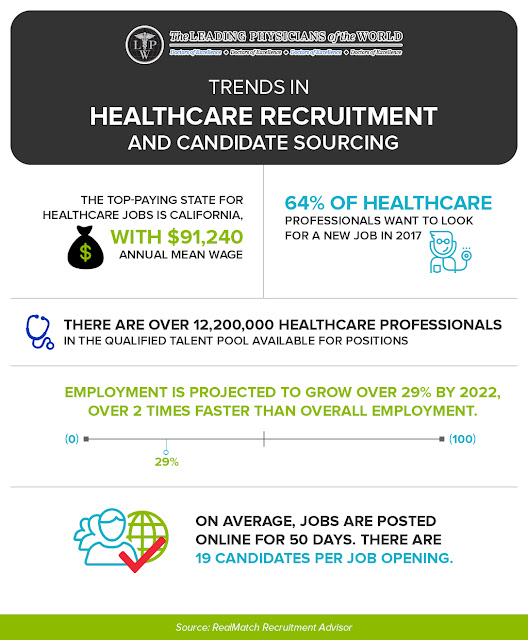A drug overdose is taking too much of a substance, whether it’s prescription, over-the-counter, legal, or illegal. Drug overdoses may be accidental or intentional. If you’ve taken more than the recommended amount of a drug or enough to have a harmful effect on your body’s functions, you have overdosed. An overdose can lead to serious medical complications, including death. The severity of a drug overdose depends on the drug, the amount taken, and the physical and medical history of the person who overdosed. source Risk factors Several factors can increase the risk of a drug overdose. These include: • Improper storage of drugs : Improperly stored drugs can be easy targets for small children, who are curious and tend to put things in their mouth. It’s easy for children to get into and accidently overdose on drugs that aren’t properly sealed and stored away from them. • Not knowing or following dosage instructions : Even adults can overdose on medic...
Posts
Showing posts with the label Trends in Healthcare
Searching for Health Guidance
- Get link
- X
- Other Apps

A 2015 Pew Research Center Study reveals that "73% of all those ages 16 and over say libraries contribute to people finding the health information they need. 42% of those who have gone online at a library using its computers, internet connections or Wi-Fi have done so for health-related searches." In 2013, the Pew Research Internet Project reported that "59% of U.S. adults say they have looked online for information about a range of health topics in the past year. 35% of U.S. adults say they have gone online specifically to try to figure out what medical condition they or someone else might have." Whether the health information is needed for personal reasons or for a loved one, millions of health-related web pages are viewed by millions of consumers. Sometimes the information found is just what was needed. Other searches end in frustration or retrieval of inaccurate, even dangerous, information. As many people have discovered, clicking on a favorite sea...
Patient Education
- Get link
- X
- Other Apps

New nurses know that teaching patients is important. They also know that their shifts are usually so hectic that patient teaching comes after more immediate responsibilities, such as medicication administration and dressing changes. New nurses need to get in the habit of thinking about patient education as a way of providing nursing care beyond the here and now. Even more important, new nurses need to maximize the time they spend on patient education to obtain the best outcomes for their patients. Busy nurses often find it difficult to provide effective patient teaching in the current healthcare climate. As Fran London, a nurse, patient-education expert, and author, noted, “Teaching patients isn't rocket science, but it is a sophisticated skill that takes practice and commitment. Without patient education, there's very little effective healthcare with improved long-term outcomes”. When nurses incorporate patient education into the patient's plan of care, they can impr...
Infographic: Trends in Healthcare Recruitment and Candidate Sourcing
- Get link
- X
- Other Apps
